College Research & Initiatives
We are proud to showcase our colleges' work in alignment with the PIT-UN vision, highlighting their innovative research and initiatives that contribute to the public interest through technology and education:
Charles W. Davidson College of Engineering
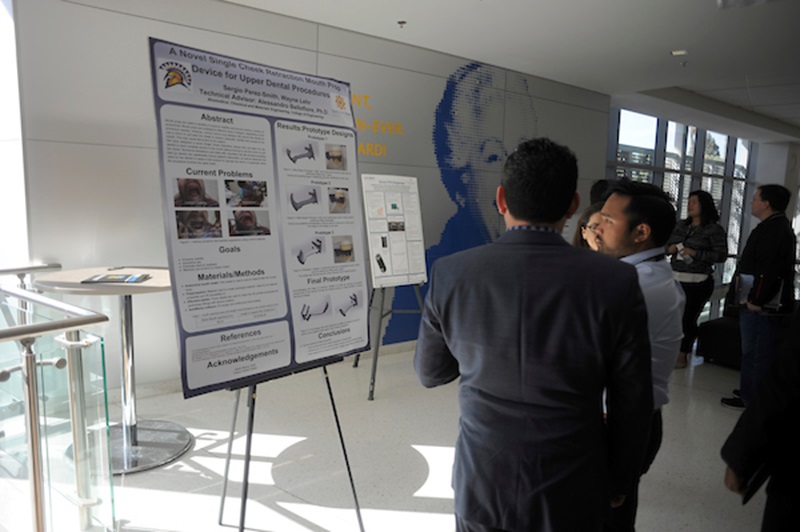
The Charles W. Davidson College of Engineering is at the forefront of developing sustainable and socially responsible technological solutions. Their research includes bio-inspired machine learning approaches for sustainable urban development to address complex challenges in city planning and resource management, and tackling critical social issues. These projects demonstrate our commitment to leveraging engineering expertise to create positive societal impact and foster safer, more sustainable communities.
College of Health and Human Sciences
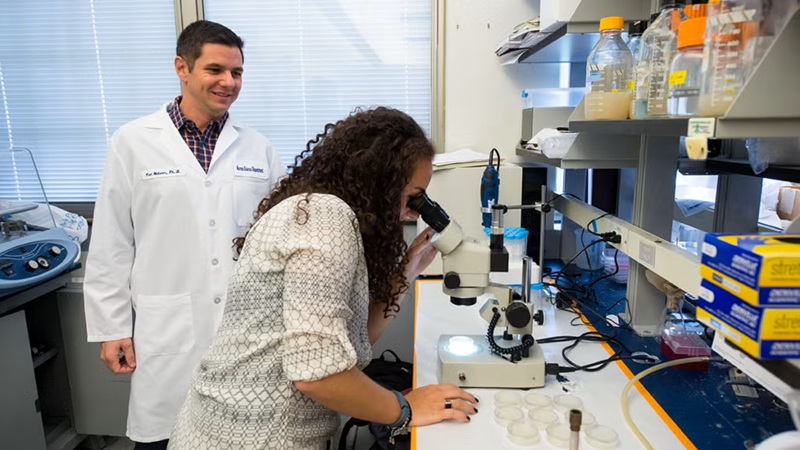
The College of Health and Human Sciences is committed to advancing health equity through innovative research and collaboration. A key initiative is the Health TechQuity 2025 Conference which will explore how technologies like predictive analytics and telehealth can help eliminate health disparities. This event will foster cross-sector dialogue and build networks between industry, academia, and community organizations. Additionally, the college is rewriting a U54 Center grant in collaboration with seven colleges to address critical health challenges. These efforts highlight the college’s focus on leveraging technology to promote equitable healthcare outcomes.
College of Humanities and the Arts
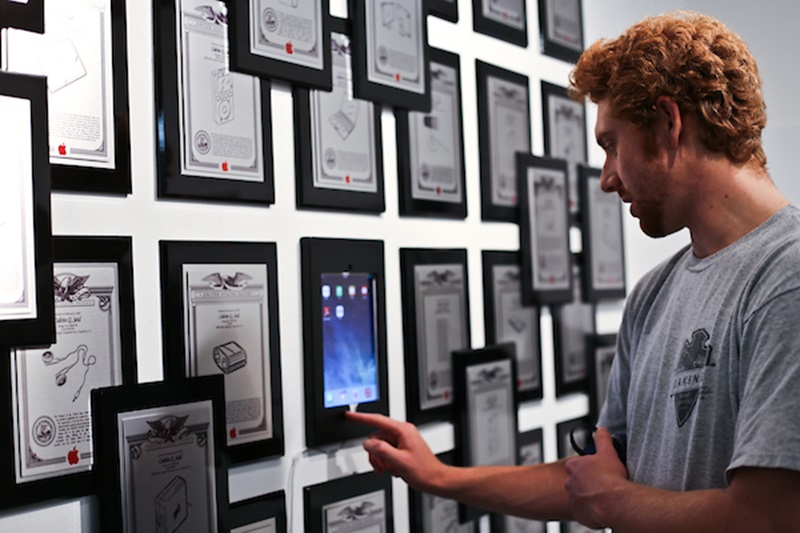
The College of Humanities and the Arts is bridging technology and ethics through their Advanced Institute for Ethical Technology (AI-ET) and Certificate in Ethical Technology. They are developing a Charter of Digital Rights, fostering critical discussions on emerging AI technologies. These programs equip students with the skills to navigate the ethical challenges of our tech-driven world.
College of Science
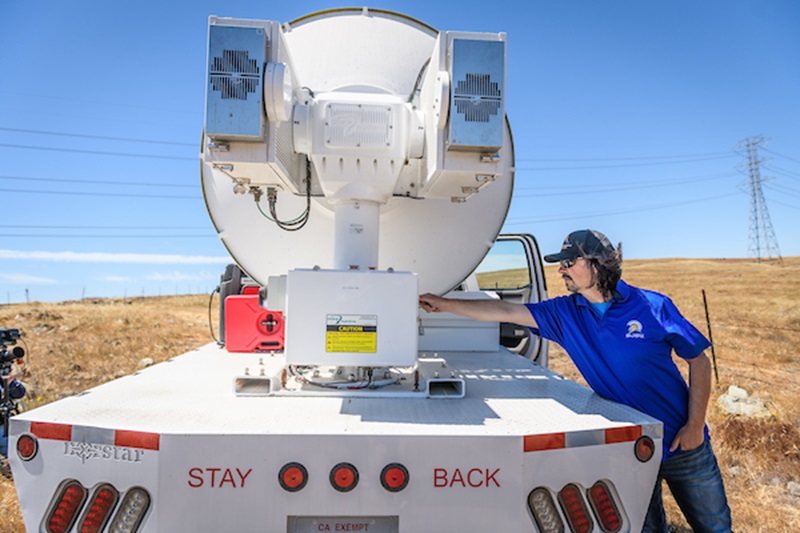
The College of Science is dedicated to applying scientific research to pressing global challenges. Their diverse projects include interdisciplinary wildfire research, mathematical modeling for fair political districting, and climate studies focusing on the Greenland ice sheet. They are also at the forefront of combating antibiotic resistance and developing innovative approaches to rare earth metal recycling, showcasing their commitment to leveraging science for societal benefit.
College of Social Sciences
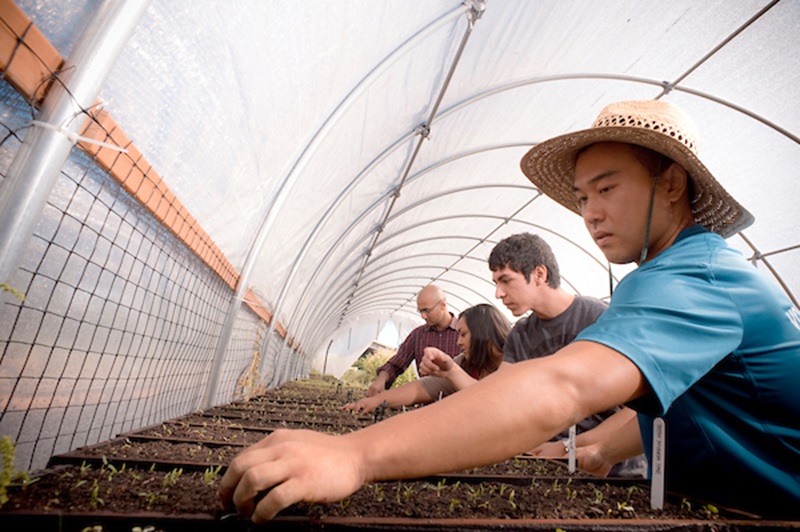
The College of Social Sciences is at the forefront of using technology to address societal challenges. Their Spatial Analytics and Visualization Institute (SAVI) leverages advanced GIS techniques for justice, equity, and democracy research. They are also pioneering the APEX program, integrating Python programming into Statistics and Biology courses, and offering an Applied Computing minor. These initiatives prepare our students to tackle real-world problems using cutting-edge technological approaches.
Connie L. Lurie College of Education
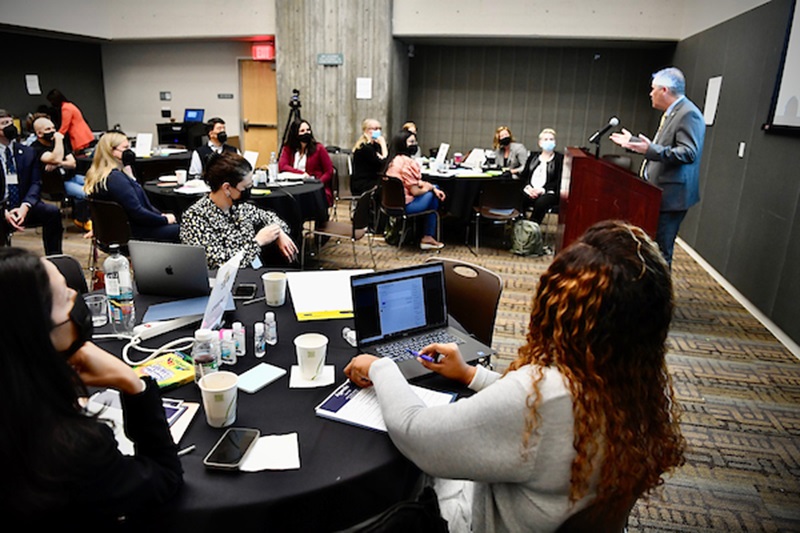
The Lurie College of Education is reimagining civic education for the digital age through their CLARION project. They are developing innovative curricula that empower youth to use social media and digital tools for community advocacy. Their research focuses on bridging gaps between policy and practice in areas like school safety and educational technology, aiming to prevent data harm and responsibly integrate emerging technologies in education.
Lucas College and Graduate School of Business
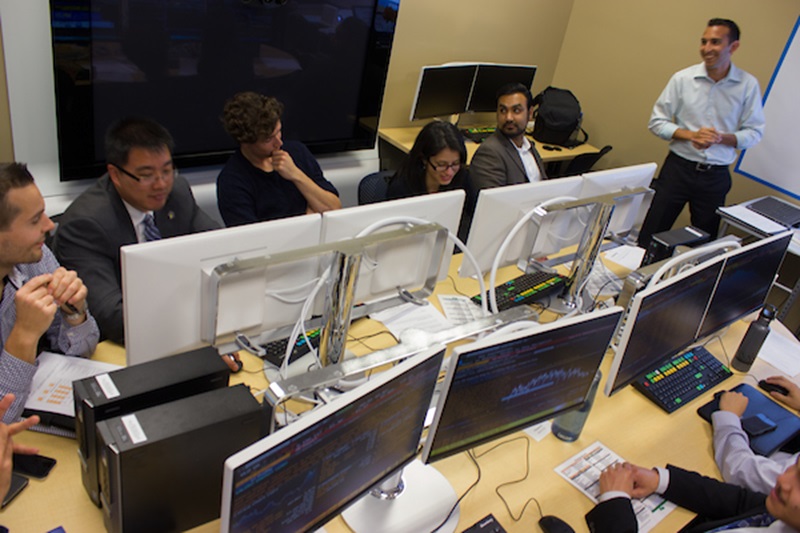
The Lucas College and Graduate School of Business is harnessing the power of AI and data analytics to drive innovation in various fields. Our research spans from using AI in biomedical image analysis to exploring the impact of ChatGPT on information systems education. They are also engaged in projects applying mathematical modeling and decision analytics to address critical issues like human trafficking and public health, demonstrating their commitment to technology for social good.